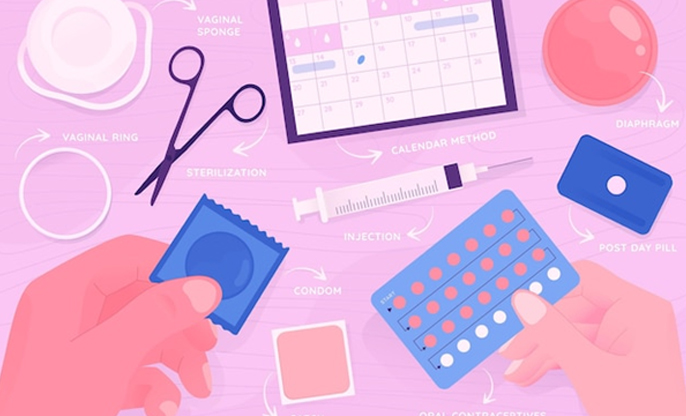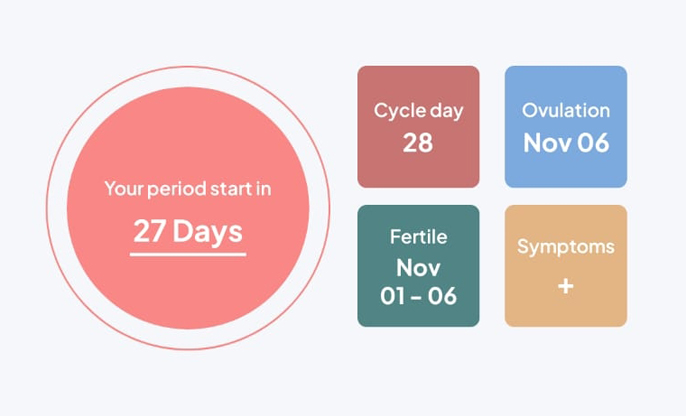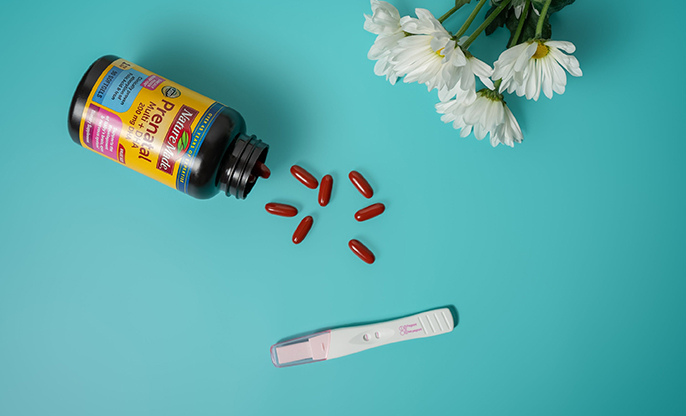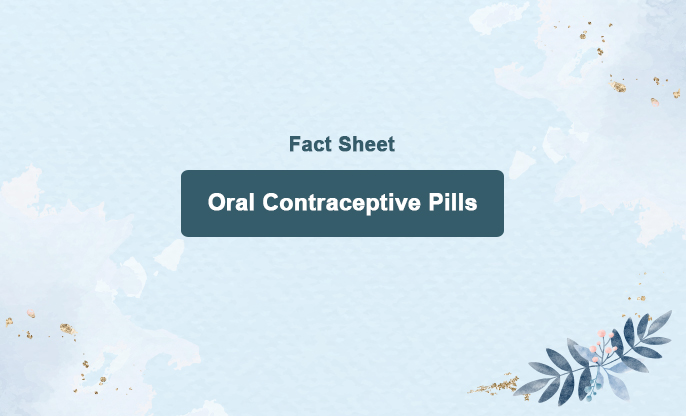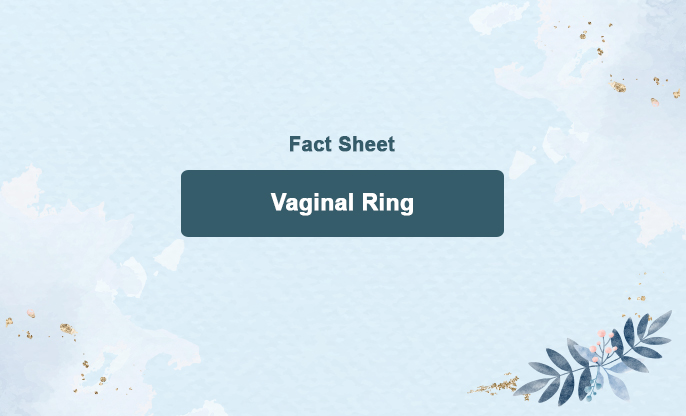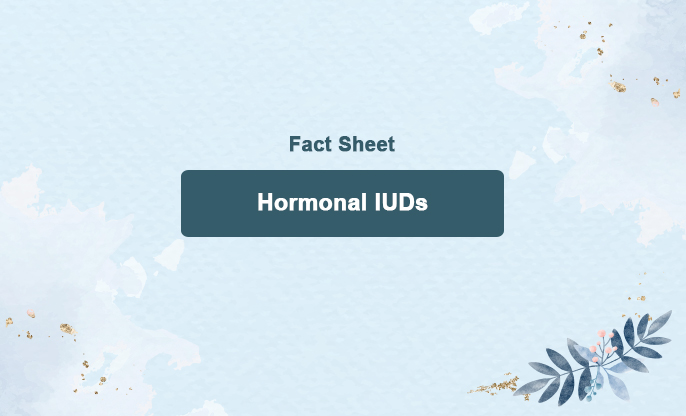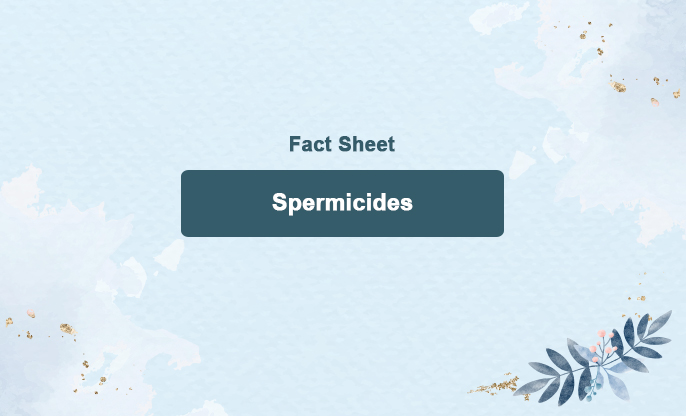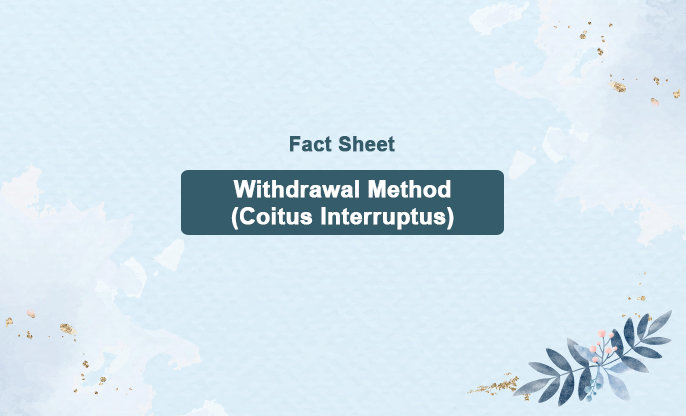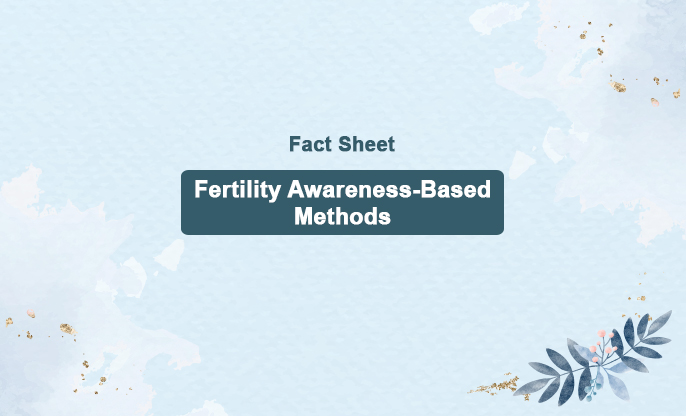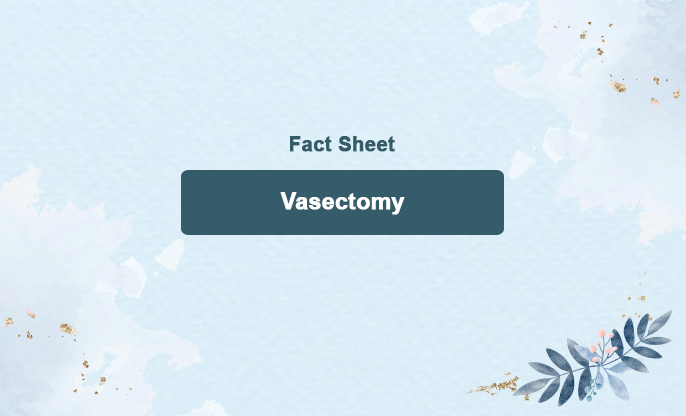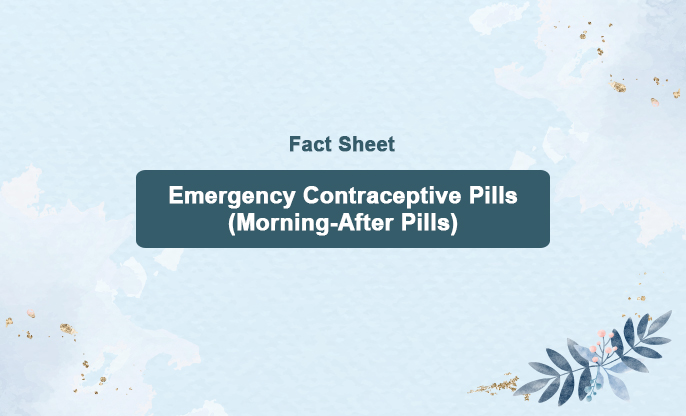
A Personal Guide to Dietary Choices
The journey to parenthood begins long before conception, and one of the most powerful steps we can take is to nurture our bodies through thoughtful nutrition. Our dietary choices during the preconception period are vital, not only enhancing the quality of eggs and sperm but also supporting the delicate hormonal balance needed for a successful pregnancy. Here’s how we can optimize our health and pave the way for a thriving pregnancy through the foods we eat.
Building Strong
Foundations with Nutrition
● Antioxidants: These powerful
nutrients fight oxidative stress, which can harm both sperm and egg cells. By
enjoying a diet rich in antioxidants from fruits, vegetables, nuts, and seeds,
we protect and enhance our reproductive cells.
● Omega-3 Fatty Acids: Essential
for reproductive health, omega-3s enhance the fluidity of cell membranes,
crucial for egg and sperm functionality. Incorporating fish like salmon,
flaxseeds, and walnuts into our diet ensures we’re getting these vital fats.
● Folic Acid: Especially
important for women, folic acid not only boosts egg quality and implantation
chances but also reduces the risk of neural tube defects once we conceive.
Leafy greens and fortified cereals are my go-to sources.
● Zinc: This essential mineral supports sperm health and maintains hormonal balance in both partners. It’s found in meat, shellfish, dairy, and whole grains.
Harmonizing
Hormones through Diet
Our endocrine system, which governs our hormones, responds
dynamically to what we eat:
● Protein and Healthy Fats: Consuming
enough protein from both plant and animal sources, alongside healthy fats from
avocados and nuts, supports robust hormone production.
● Low-Glycemic Index Foods:
Stabilizing blood sugar and insulin levels is key for hormonal balance. Opting
for whole grains and vegetables helps maintain these levels, crucial for
avoiding fertility-compromising conditions like PCOS.
● Limiting Processed Foods: Reducing intake of processed items and sugars is critical as they can spike insulin and disrupt hormone metabolism, impacting our fertility.
Lifestyle and
Dietary Adjustments for Optimal Health
● Moderating Caffeine and Alcohol: To
support our fertility, cutting down on caffeine and alcohol is wise, ensuring
our bodies are in the best condition for conception.
● Staying Hydrated:
Hydration is fundamental. It not only supports all bodily functions but is
crucial for producing cervical mucus, important in conception.
● Managing Weight: Maintaining a healthy weight through a balanced diet helps keep our hormones in check and supports overall fertility.
As we plan for a future family, the role of diet cannot be overstated - it prepares our body for the demands of pregnancy and lays the groundwork for our health and that of our baby. While embracing these nutritional guidelines, it’s also beneficial to consult with a healthcare provider or nutritionist who can offer tailored advice based on our individual health needs. By focusing on nutrition, we're not just planning for a healthy pregnancy; we're setting the stage for lifelong well-being for ourselves and our future children.

